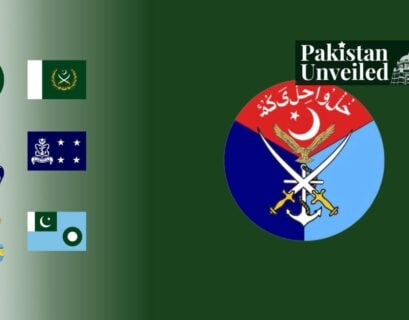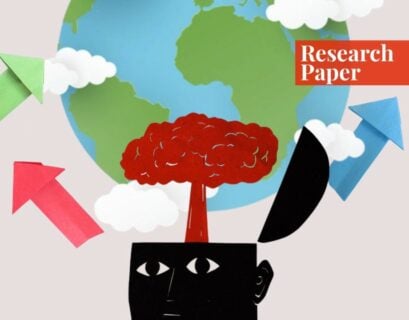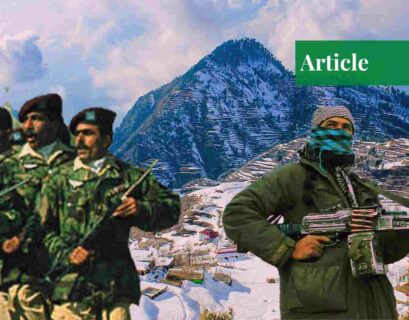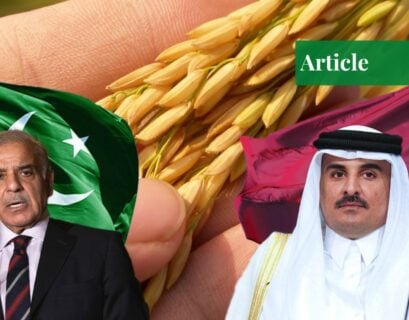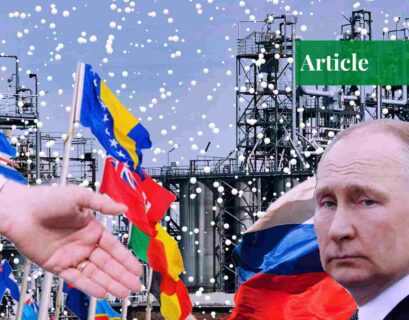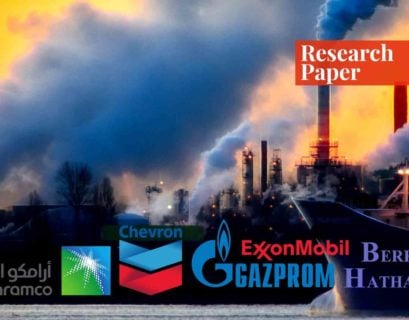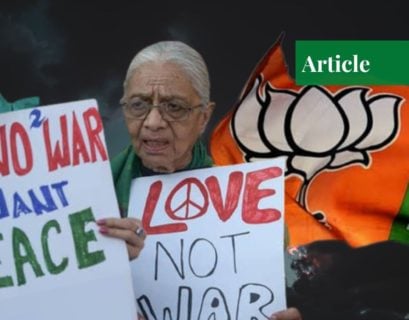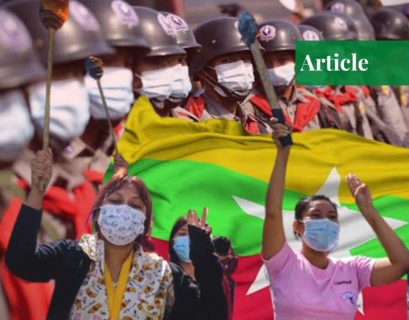The Harsh Reality of Child Labor in Pakistan
Millions of children in Pakistan are trapped in the vicious claws of child labor, deprived of a normal life, education, healthcare, and security.
Despite the nationwide ban on child labor and bonded labor – a form of modern-day slavery – their prevalence in Pakistan is a reflection of flawed democracy, poor economic conditions, and exploitative societal norms.
Maryam Ibrahim highlights that child labor not only robs children of their childhood but also hinders their overall development, perpetuating a cycle of poverty and inequality.
The Hierarchical Structure of the Pakistan Armed Forces
An organisation, especially one as huge as the military, functions better when it has structure and procedures in place. This structure includes distinct hierarchies or systems of people organised in a ranked order within each military branch.
Mahnoor Najeeb and Maryam Ibrahim set out the structure and ranking of each of the service branches of Pakistan’s military forces.
Brain Drain: The Reason Behind Pakistan’s Stunted Growth
Brain drain, also known as the emigration of highly trained labour or talented individuals, has been a contentious issue in the developing world since the 1960s.
The mobility of human capital or skilled labour has significant implications for both the economic and political spheres.
The Military Operations in Swat
Pakistan has a troubled history of dealing with insurgencies and terrorism. Pakistan assumed the role of a frontline state following the 9/11 tragedy and enacted both military and non-military counterterrorism strategies.
The Pakistani army has been tasked with maintaining internal peace by combating militancy and insurgency in the country’s difficult tribal regions such as the area of Swat.
Given the occupation by TTP, TNSM, and other fundamental religious organisations, the Pakistan Army designed and carried out two major military operations: Operation Rah-e-Haq and Operation Rah-e-Rast.
The Leaks in the Nord Stream Pipelines: Who’s to Blame?
As of September 2022, the Nord Stream pipelines have been damaged. The Nord Stream leaks have been internationally scrutinized, with states blaming either the US or Russia for the incident. Maryam Ibrahim asserts that regardless of who’s to blame, one thing is certain: the leaks were not the result of a natural calamity. She further takes into account the different factors involved in the repair of the damaged pipelines to assess how long it’ll take to get them back to work.
Giorgia Meloni – Italy’s New Conservative Prime Minister
Since World War II, and despite the numerous attempts to alter its electoral system, Italy has witnessed frequent, untimely changes in its government. A year after the election of Mario Draghi as the state’s prime minister, Italy once again held general elections in September 2022, bringing Giorgia Meloni to the seat of power. Meloni has become the first far-right woman prime minister in postwar Western Europe, vowing to rule for all Italians. Maryam Ibrahim notes that her election as Italy’s new prime minister may herald restrictions on minority rights, notably those of women and immigrants. She further adds that while Meloni might have considered taking an anti-European stance in the past, her position might change after assuming power.
Qatar’s Recent Investment in Pakistan
On August 22nd, 2022, Pakistan’s current prime minister, Shehbaz Sharif, arrived in Qatar on a two-day visit. During his visit, the prime minister welcomed Qatari investment in various sectors of Pakistan – energy, aviation, agriculture, tourism, hospitality, etc. The visit has led to the Qatar Investment Authority declaring its intention to spend $3 billion in different commercial and investment sectors in Pakistan. Maryam Ibrahim notes that, within Pakistan, this investment has raised certain questions.
Energy Crisis in Europe: Russia’s Promise of a Cold Winter
Though the Russia-Ukraine war has closed the door to the Western oil markets for Moscow, it has given the oil-exporter access to Asia’s oil-scarce states. Regardless of the Western sanctions, Russia’s oil production hasn’t been significantly impacted. On the contrary, the state increased its oil exports in April and May 2022. Maryam Ibrahim notes that the conflict has initiated an energy cold war, dividing oil importers into three categories. She asserts that where oil is concerned, states may even discard alliances.
Fossil Fuel Burning & Corporations: The Case of Berkshire Hathaway & Saudi Aramco
When it comes to climate change, the contribution of giant corporations to global warming is often overlooked. Maryam Ibrahim notes that one of the main causes of global warming is the emission of CO2 from the burning of fossil fuels, and this is where energy corporations come in. The author takes the example of Berkshire Hathaway and Saudi Aramco to shed light on climate denial, and the lack of accountability associated with these corporations’ environmental activities.
Non-local Voting in J&K: Eradicating Kashmiri Identity
After depriving Jammu and Kashmir of its autonomy by revoking articles 370 and 35A, the Bharatiya Janata Party (BJP) has now taken another definitive step towards suppressing the people of Kashmir. The BJP has announced a new electoral process that allows non-locals to register as voters in Indian administrated J&K, thereby impacting the region’s political system and voter turnout. Maryam Ibrahim notes that this decision has garnered immense criticism from the Indian opposition parties and Kashmiri politicians, and raised concerns among the Kashmiri locals. Today, they fear whether they’ll have any rights left.
Energy Crisis in Pakistan and Its Solution (Updated)
The rise in global oil prices, devaluation of the Pakistani rupee, and the domestic political and economic crisis in Pakistan are propelling the state towards becoming energy insecure. Maryam Ibrahim and Izza Ikram note that Pakistan has become heavily dependent upon energy exports. However, it still needs to find alternatives if it wants to overcome its energy insecurity and meet its domestic energy demand. If left unchecked, the current energy crisis will devastate the already struggling economy of Pakistan.
Myanmar Executions: Four Activists Killed by the State
The recent execution of four pro-democracy activists in Myanmar is the first time in decades that the state has handed out the death penalty. Myanmar’s military government has received backlash and criticism from human rights activists and the international community for its unjustified acts of terror. Maryam Ibrahim notes that even the threat of losing their lives has not deterred the supporters of democracy in Myanmar from raising their voices.

